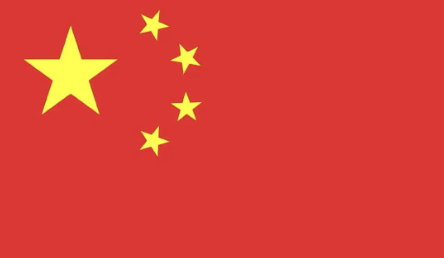Hey there, let’s dive into the epic saga of the Zhou Dynasty, a truly monumental chapter in the annals of Chinese history. It’s a tale that starts with a bit of mystique, blossoms into a golden age, and then slowly unwinds towards a poignant end. It’s a story that’s as complex as it is fascinating, filled with legendary figures, profound wisdom, and hard-learned lessons.
The Founding and Flourishing:
Our story kicks off with a bit of a miracle. We’ve got Jiang Yuan walking on a giant’s footprint, feeling a strange sensation, and lo and behold, she gives birth to a son named Qi. Despite being abandoned, Qi survives under the watchful eye of nature itself, which is pretty epic when you think about it. As he grows, Qi, later named Ji, shows a knack for agriculture, and his skills are so impressive that he’s recognized by none other than Emperor Yao himself, who appoints him as the agricultural teacher. This marks the beginning of Zhou’s ascent. As the generations go by, the Zhou lineage continues to grow, with each successor contributing to the dynasty’s prosperity. Gong Liu, for instance, keeps the agricultural legacy alive, while King Wen of Zhou is celebrated for his benevolence and the respect he commands from all. His leadership is so inspiring that he gathers a loyal following, which sets the stage for Zhou’s rise to power.

The Rise to Power:
Enter King Wu, the powerhouse behind the Zhou Dynasty’s establishment. With a blend of military prowess and a bit of divine aid, King Wu leads a rebellion against the Shang Dynasty’s tyrannical rule. His victory not only establishes the Zhou Dynasty but also ushers in a new era of governance, with a focus on moral leadership and the well-being of the people. King Wu’s reign is characterized by the construction of a new capital and the introduction of a feudal system, which helps to manage the vast territories under Zhou control. It’s a time of stability and growth, with the Zhou Dynasty becoming a symbol of cultural and political might.
The Trials and Tribulations:
However, the narrative isn’t without its challenges. The Zhou kings face a myriad of issues, from internal power struggles to external threats. The story of King Li of Zhou, who was actually driven out by his own people due to his oppressive rule, is a stark reminder of the delicate balance between a king and his subjects. As the dynasty progresses, the central power begins to wane. Natural disasters, political corruption, and the growing autonomy of regional lords all contribute to the weakening of the Zhou Dynasty. It’s a period marked by resilience but also by a gradual loss of control.
The Fall and Legacy:
The final act of the Zhou Dynasty is a descent into fragmentation and decline. The internal conflicts, the rise of powerful states like Qin, and Qin’s eventual annexation by Qin brought the Zhou era to a close. It’s a poignant end to a dynasty that had once been the epitome of imperial power. But even in its fall, the Zhou Dynasty leaves behind a rich legacy. Its influence on Chinese culture, its contributions to philosophy and governance, and the respect it commands long after its collapse are testaments to its enduring impact.
Conclusion:
The Zhou Dynasty’s story is a poignant reminder of the cyclical nature of power and the importance of wise leadership. It’s a saga that begins with a touch of the divine, flourishes under the guidance of visionary rulers, and eventually succumbs to the inevitable challenges of maintaining a vast empire. Through its rise and fall, the Zhou Dynasty offers invaluable lessons on governance, resilience, and the complexities of maintaining a harmonious society. It’s a story that continues to inspire and inform—a true epic in the history of China.
Phoenix Lee https://chinese-tradition.com/the-zhou-dynastys-epic-saga-from-founding-legends-to-imperial-fading.html
